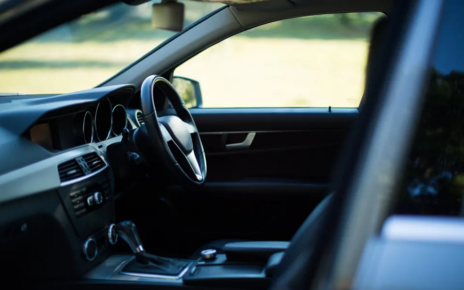English law recognizes four distinct forms of security, one of which is a pledge (these forms are outlined in Practice Note: Types of Security).
This Practice Note Will Serve As A Handy Resource For
- The party making the vow is called the “pledgor” (which may in practice be the borrower or a third party security provider)
- The ‘pledgee’ refers to the party to whom the pledge is granted (which, in reality, is likely to be the lender or maybe a security agent), and
- The secured obligations’ refers to the obligations expressly designated to be secured by the pledge (eg the obligations of a borrower to a lender under a facility agreement)
A Van pledge (รับจำนำรถตู้, which is the term in Thai is a form of security interest that is established when an asset’s ownership is transferred in order to serve as collateral for the payment of a debt or the fulfillment of obligations with the intention to Van pledge the asset.
These are the bounds within which an automobile operates. What to do in such a predicament is detailed in this article. Pledged vehicles are those for which the sale is restricted until the outstanding credit debt is settled. Taking up a car loan where the collateral is the vehicle itself implies you can’t sell it until the loan is paid off. After the debt has been settled in full, the domain name can be transferred to a new owner.
When a financial institution lends money, they may need collateral in the form of an asset or other item that can be sold to cover the debt if the borrower defaults on their payments.
When Can I Make A Car Or Van Pledge?
The financial institution and the individual who obtains the auto loan voluntarily enter into a contract that results in the automobiles being pledged as collateral for the auto loan. Until the installments are paid in full, the car is considered a pledged car, as agreed upon in the contract.
What Is The “Hypothecation” Process For A Car Loan?
Using a bank loan to purchase a vehicle involves having the vehicle registered in the owner’s name at the RTO, with a notation reading “Hypothecated to the appropriate bank” on the Registration Certificate (RC). If you have a car loan with the Bank, for instance, the bank will be shown as the registered owner (Hypothecated to the Bank) on your vehicle’s registration certificate (RC).





